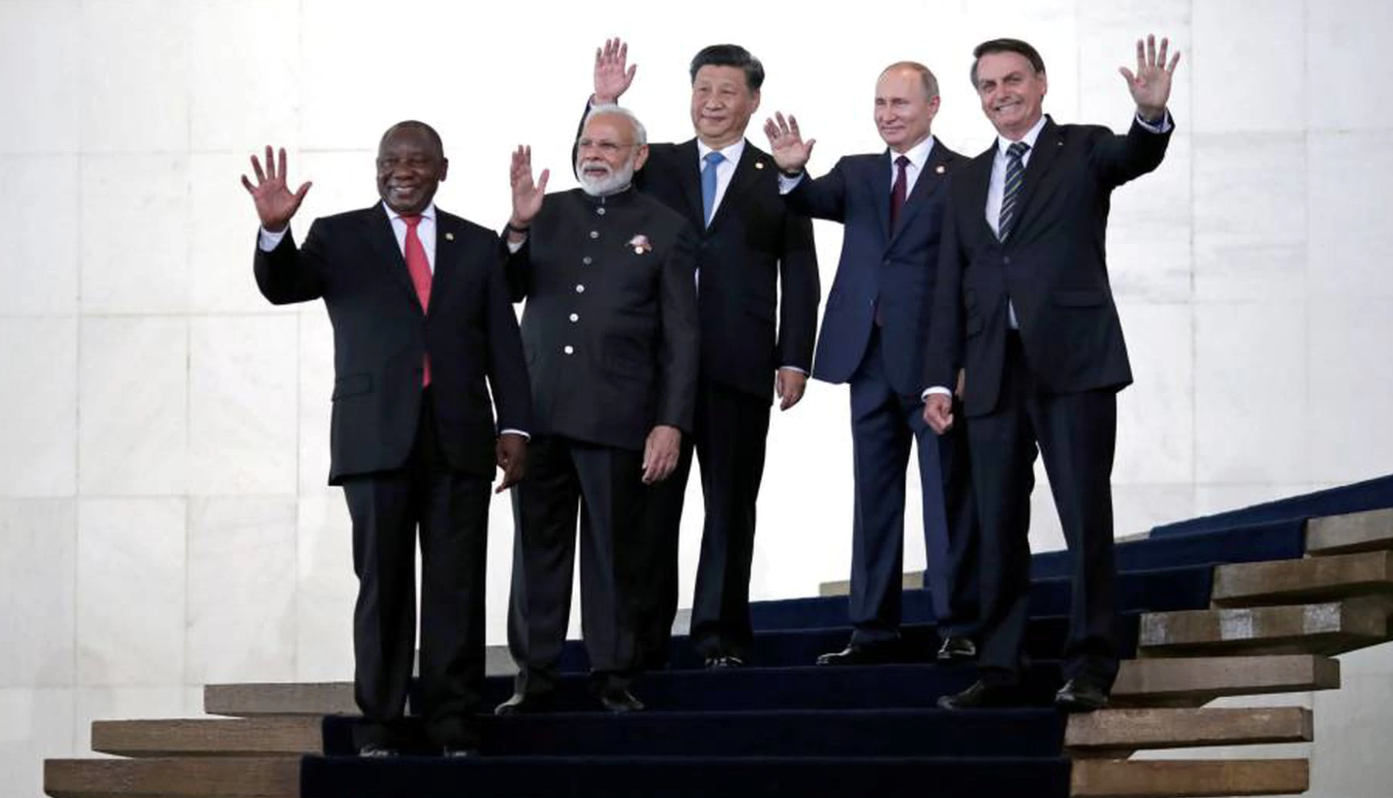In the course of the last two weeks, BRICS, G7, and NATO summits were held. The two summits held in Europe consolidated the transatlantic alliance and the unity of the West around support for Ukraine and the Russian threat to European security.
The new strategic concept approved by NATO gave a new meaning to the organization, with Russia as the imminent and main threat, and China as a growing strategic challenge. There are still rough edges and disagreements to be ironed out within the Alliance -particularly over where the European Union’s “strategic autonomy” has gone-, but it is clear that President Joe Biden’s administration managed to reverse the misalignment caused by Donald Trump in the relationship with its allies, restore ties with them and attract Japan, South Korea, Australia, and New Zealand with a view to the eventual confrontation with China in the Indo-Pacific.
In short, by holding the two summits, Washington succeeded in articulating the Western bloc and made efforts to bring in new allies.
Meanwhile, elsewhere on the planet, the emerging powers continued to make progress in the articulation of an alternative bloc. Beyond the questioning of NATO for its role in generating the crisis in Ukraine, China added its criticism of the organization, while – in the context of the growing strategic convergence between the two countries – the Eurasian institutional framework was consolidated.
Not only because of the role of the China-driven Belt and Road Initiative, but also because of its harmonization with the Eurasian Economic Union, the growing centrality of the Shanghai Cooperation Organization at the regional level, the reaffirmation of the Russia-driven Collective Security Treaty Organization, and the most recent meeting of the Caspian Council that includes Iran.
We have followed these processes in detail in two books – Eurasia and Latin America in a multipolar world, from 2019 (later translated into Russian) and, most recently, in Guerra y transición global, ¿cómo se gestó la guerra en Ucrania y cómo nos afecta? (War and Global Transition: How did the War in Ukraine come about and how does it affect us?), which was published recently.
The watershed of the war in Ukraine and the boomerang effect of Western sanctions against Russia on the international economy are evidence not only of a turning point in the process of transition of the international system towards a new configuration of global power relations but also of the decanting of definite trends in the formation of blocs vying for global dominance.
However, the formation of these blocs also gives rise to the need to add allies and partners in the global south. Thus, the BRICS group is being strengthened and reactivated, focusing on economic cooperation, the creation of free trade agreements, and, at Russia’s initiative, the deepening of a de-dollarization process of emerging economies, with incipient advances in Eurasia. In addition, the group has been enlarged with the incorporation of Argentina, Iran, and other aspirants.
Taken together, these complex processes raise questions about the non-alignment of some actors (India, ASEAN) in the eventual confrontation between blocs and about the peripheral place of others (Africa, part of Latin America) under the combined impact of the threats of a food and energy crisis, rising inflation and a possible economic recession in the face of a growing confrontation between blocs.
The current counterpoint between the G7 and NATO, on the one hand, and the Eurasian players and the BRICS, on the other, does not make for an encouraging prognosis for world peace and stability. The Western effort to exclude Russia from the upcoming G20 meeting in Indonesia does not bode well for global governance either.
*Text originally published in Clarín de Argentina
Translated from Spanish by Janaína Ruviaro da Silva













